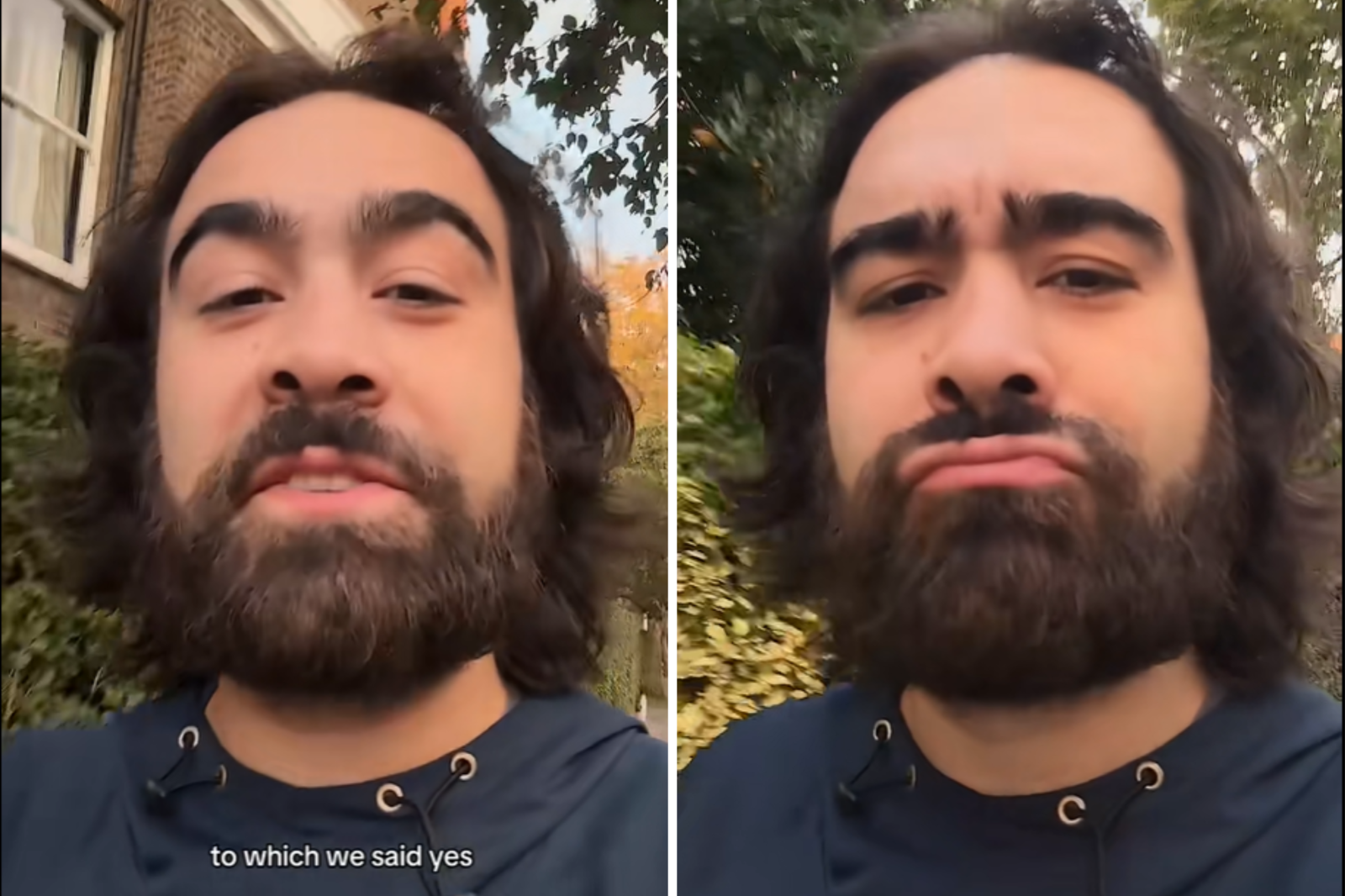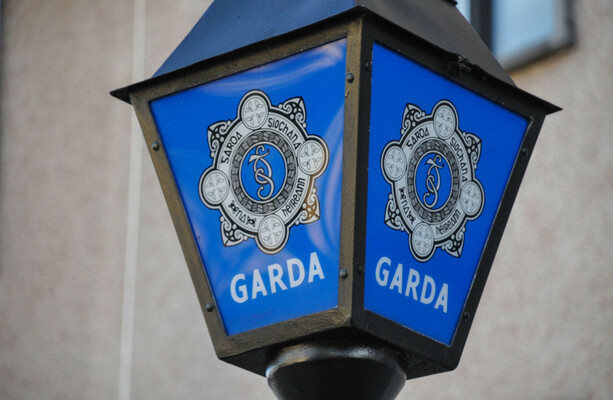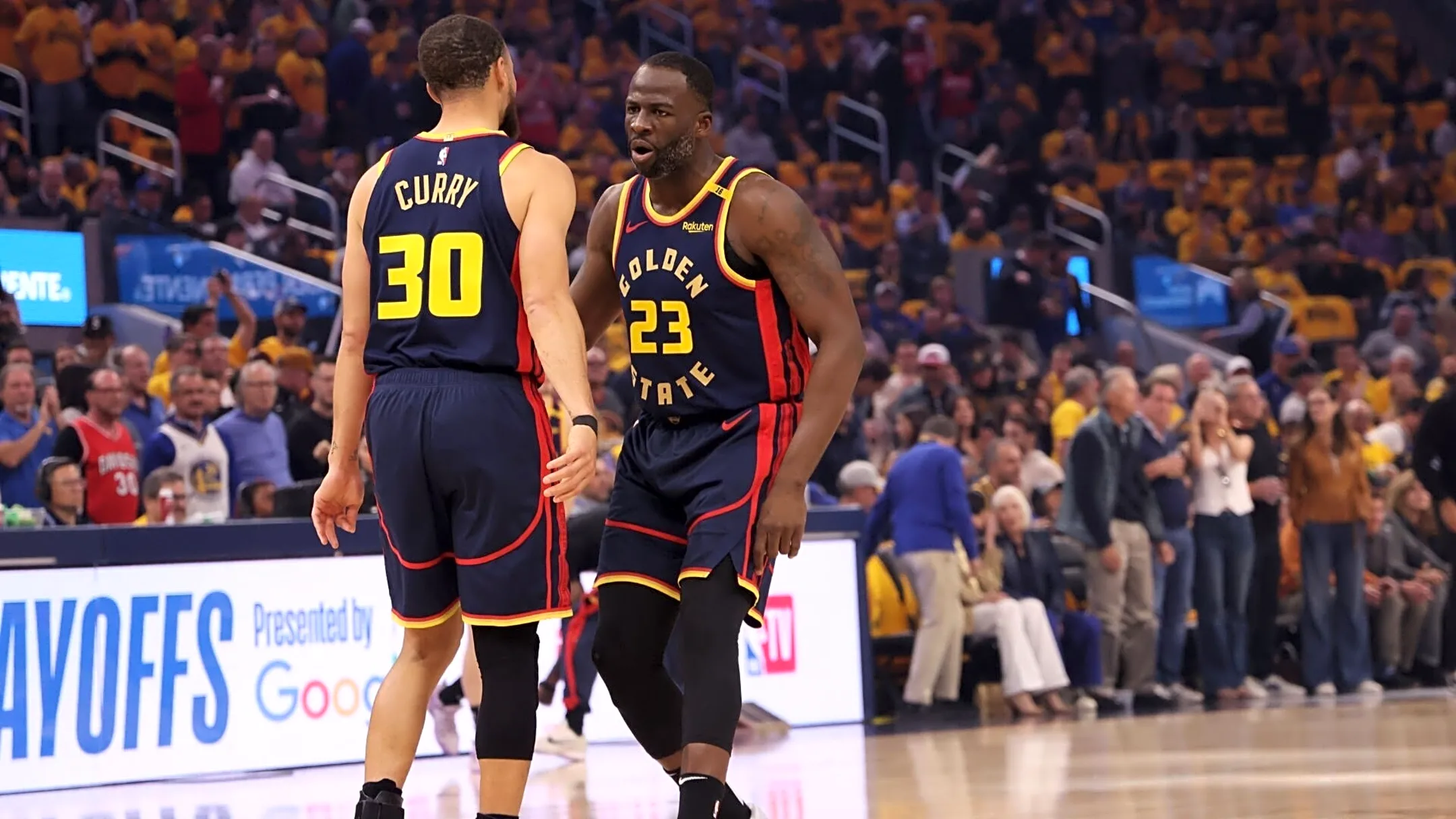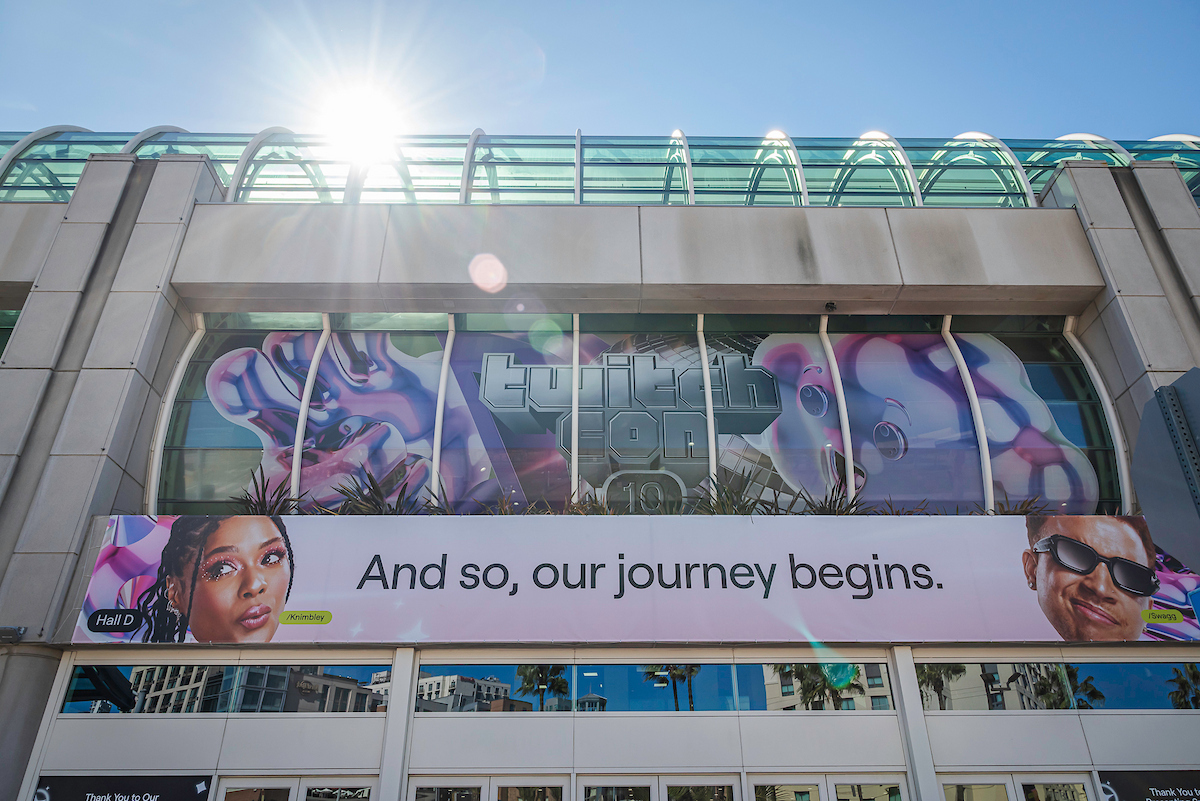Copyright newsweek

An American man who recently moved to the UK realized with a shock that how he acts towards wait staff is considered rude in his new home. Russell Valentin, 31, is from Chicago, but has been living in the UK since April, and regularly shares updates on his new life—and the little differences between the two countries‘ cultures—to his TikTok account, @redBusruss. On September 29, he shared a “hard lesson” he had learned while out for dinner with his girlfriend: that he “really didn’t have manners”—because he didn’t say please or thank you to the wait staff. Valentin told Newsweek that after this happened, “I immediately became aware [that] please and thank yous are not assumed here in the UK like they are in the States. “Culture in the UK is to verbally say please and thank yous out loud, every time, whereas in a lot of the US that is not the standard,” he said. In the video, Valentin explained that when asked by the waitress if he wanted anything to drink, he answered: “We’ll have some water.” Valentin ordered his food by telling the waitress: “I’ll have the Napoli pizza,” and after they had eaten, told her: “We’ll take the bill.” Throughout the dinner, he had noticed his girlfriend giving him strange looks, and the waitress’s polite smile had seemed strained—until his girlfriend finally told him he had been “incredibly rude.” Valentin was baffled, until his girlfriend pointed out he had never said please or thank you. “And it was in that moment that I realized that wait staff culture is completely messed up in the US,” he said He explained that to even the “kindest” or “most respectful person” in the US, it’s simply not commonplace to use ‘please’ or ‘thank you’ when ordering food, “almost as if we’ve been trained like we’re ordering from robots.” Valentin says please and thank you everywhere else, but admitted that “for some reason, that instinct with wait staff just wasn’t there for me.” But, he said, he has since “learned the error of my ways.” Russell Valentin tells the story to followers (Picture: TikTok @redbusruss) He told Newsweek he doesn’t think “that this is due to a lack of manners in Americans. [It’s] just different cultural manners are in place.” Newsweek spoke to linguist Lynne Murphy, author of The Prodigal Tongue: The Love-Hate Relationship Between British & American English, who said the “thank you situation” is “complicated” when it comes to the differences between the UK and US. “Americans may say ‘thank you’ or ‘thanks’ more than Britons do in general, but in service encounters, there are many British ‘thanks’ that are not really gratitude—they’re just acknowledgement, because that’s another role that ‘thanks’ has in British English, more than in American English.” Her book has a chapter on politeness in both cultures, and argues that both countries are equally polite, but that it means different things. Britons use please far more often, but to Americans, adding “please” to a request could come across as urgent or even bossy. On the other hand, Britons will balk when they hear Americans order food without using the term. Valentin told Newsweek that, to some people in the US, “emphasizing ‘please’ can be seen as highly passive-aggressive, and a more informal form of request is seen as being more polite.” His video had a big reaction, having been viewed more than 1 million times, and racking up close to 70,000 likes in a matter of days. However, comments have been turned off on the video. “I think folks from the UK will sometimes see a lack of please and thank yous from Americans and call it bad manners,” Valentin told Newsweek, “When in reality, our wait staff culture does not assume ill intent by leaving them out.” Americans tend to “simply state their order,” while people in the UK “might be more inclined to make a much more formal, polite request,” he added. But with everything said and done, he believes the lesson to be learned from this is that “it’s important to adjust to where you are, and treat everyone with respect, especially if they are serving you.” Do you have funny and adorable videos or pictures you want to share? Send them to life@newsweek.com with some extra details, and they could appear on our website.



